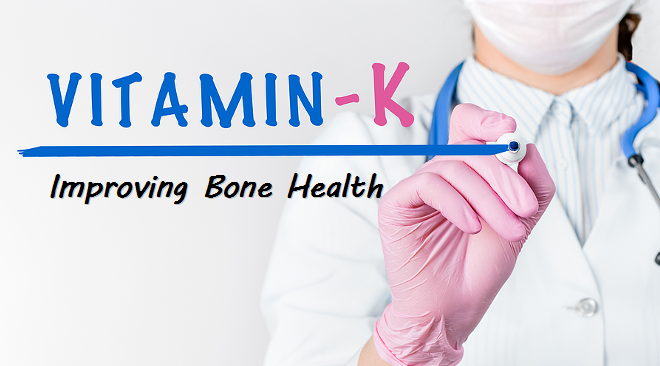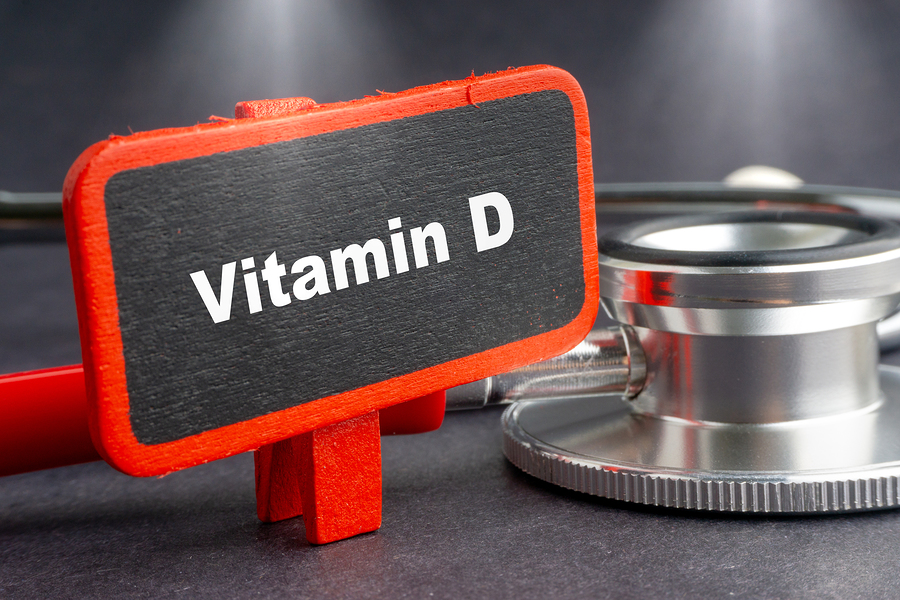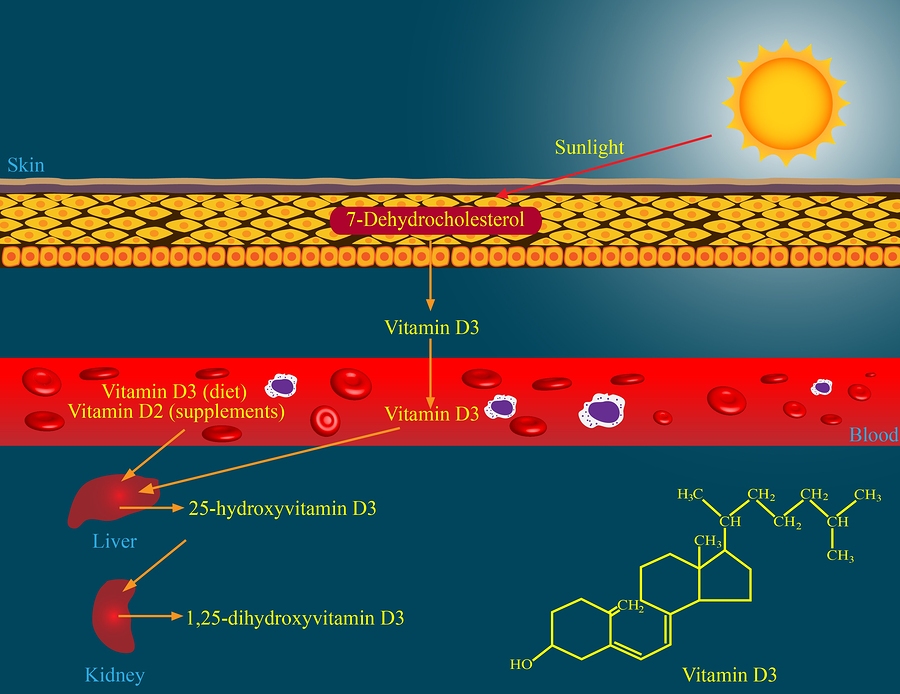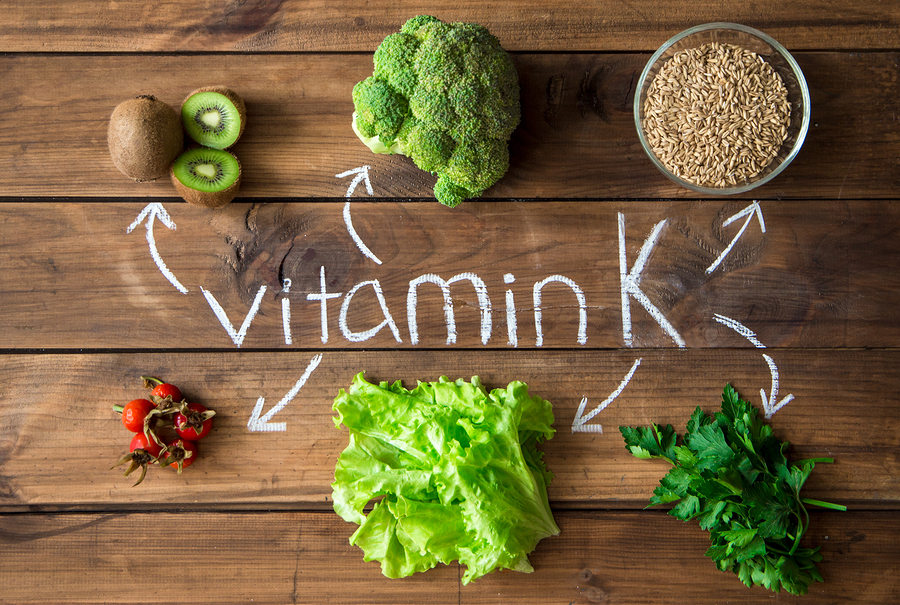I’ve written several articles on the importance of vitamin D. But I’ve never written about how to optimize vitamin D levels.
Given the recent studies showing how normal vitamin D levels help to reduce your risk for the CoVid19 virus, I thought it would be helpful to discuss how to optimize vitamin D levels.
(If you would prefer to view this information in a video format, then please click on my YouTube video below:)
The main body of work in this area comes from research by GrassrootsHealth. Here are several statements that they have made regarding this issue:
“combined intake of both supplemental magnesium and vitamin K2 has a greater effect on vitamin D levels than either individually.”
“those taking both supplemental magnesium and vitamin K2 have a higher vitamin D level for any given vitamin D intake amount than those taking either supplemental magnesium or vitamin K2 or neither.”
“. . . 244% more supplemental vitamin D was needed for 50% of the population to achieve 40 ng/ml (100nmol/L) for those not taking supplemental magnesium or vitamin K2 compared to those who usually took both supplemental magnesium and vitamin K2.”
So what does all this mean if you want to optimize vitamin D levels in your body? Read More →









